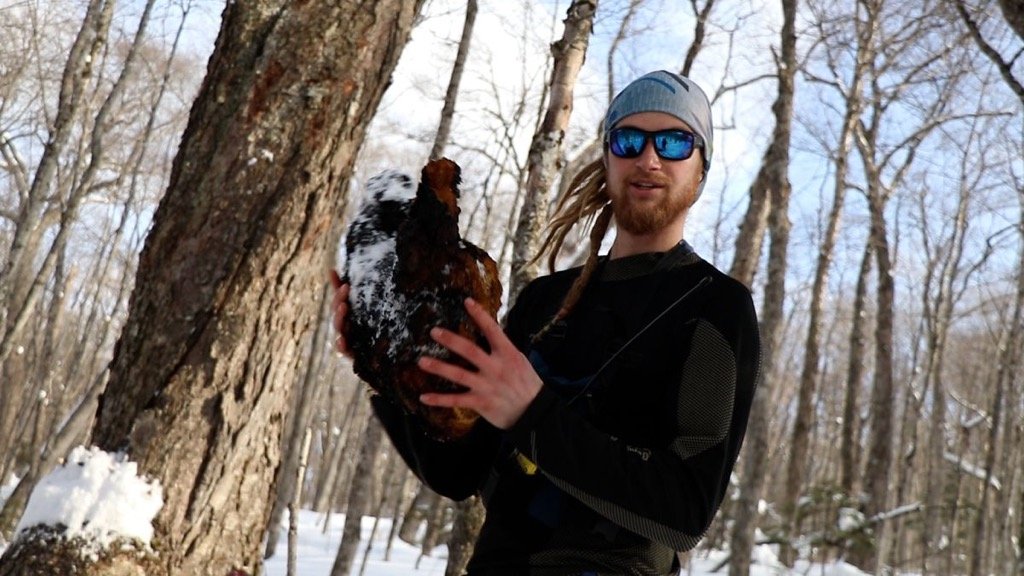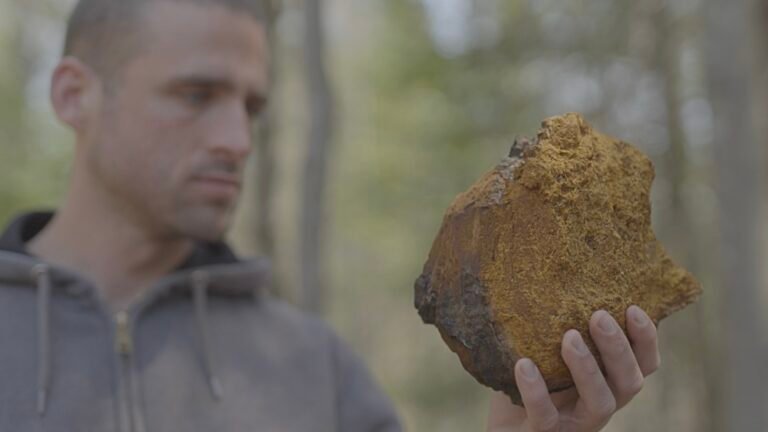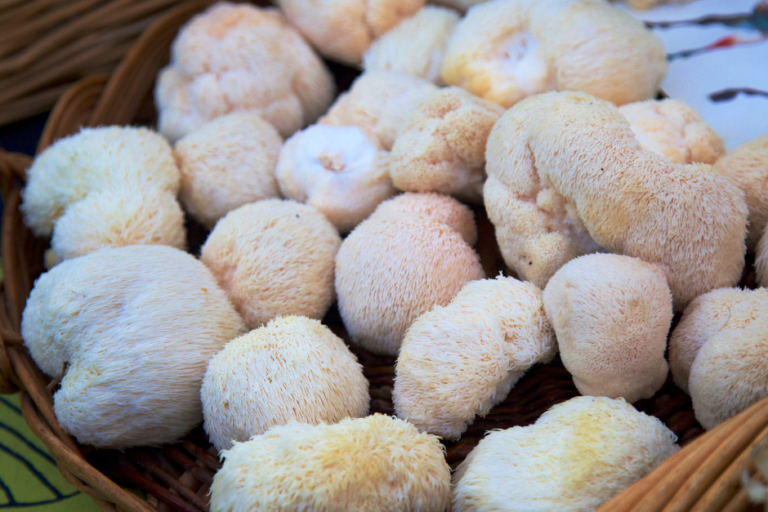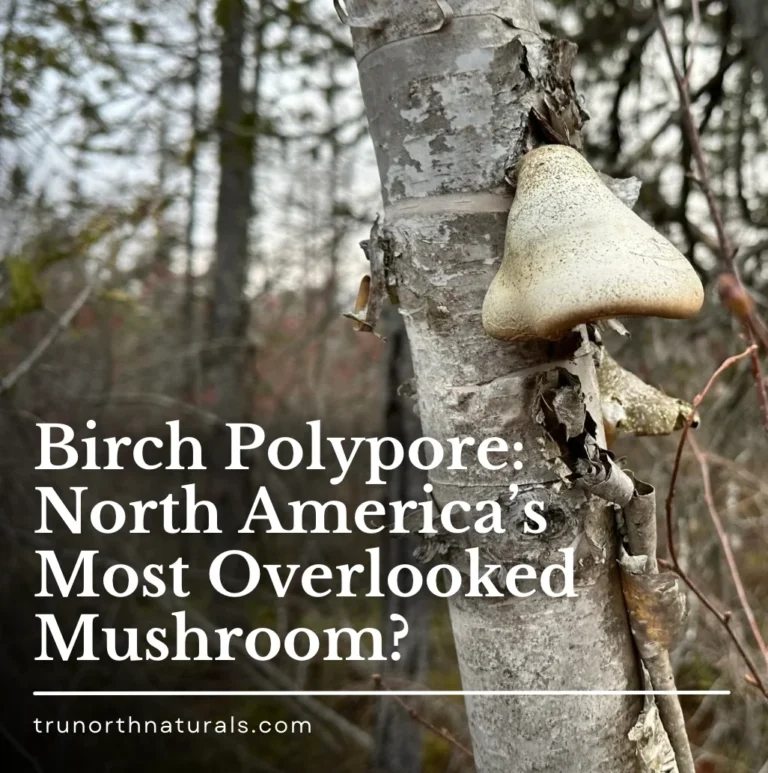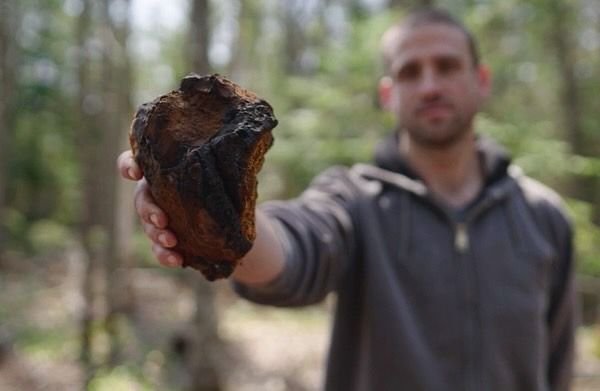At TruNorth Naturals, our unwavering commitment to purity, sustainability, and environmental stewardship has led us to develop a comprehensive Organic Management Plan. This plan not only ensures the highest quality of our wild-harvested fungi but also sets us apart as leaders in the industry.
Dispelling the Myth: Not All Wild Mushrooms Are Organic
A common misconception is that all wild-foraged mushrooms are inherently organic, simply because they grow in nature. However, this is not always the case. Wild fungi can be exposed to environmental contaminants such as pesticide and herbicide drift, industrial pollutants, and heavy metals from various human activities. Mushrooms are natural bioaccumulators, absorbing both nutrients and harmful substances from their environment. If harvested from compromised areas, they may contain traces of harmful chemicals.
TruNorth’s Rigorous Site Selection and Management
To ensure the purity of our products, we implement meticulous site selection criteria:
- Avoidance of Contaminated Areas: We steer clear of regions with potential contamination sources, including landfills, highways, industrial sites, golf courses, glyphosate zones and urban areas.
- Prohibited Zones: Harvesting is strictly forbidden in provincial and federal parks and reserves, first nations reserves, and private lands without explicit permission.
These stringent measures safeguard the organic integrity of our wild crops, ensuring they meet the highest quality and safety standards while adhering to social responsibilities.
Advanced Data Collection and GIS Mapping
Our commitment to precision and safety is further strengthened by integrating advanced data collection and Geographic Information System (GIS) mapping technologies:
- Data Integration: We compile and analyze multiple datasets, including historical herbicide application records and forest management plans, to identify sustainable harvesting areas.
- GIS Mapping: By utilizing GIS software, we create detailed maps that guide our harvesters to safe zones, avoiding areas with potential contamination.
This technology-driven approach allows us to make informed decisions that align with our conservation goals.
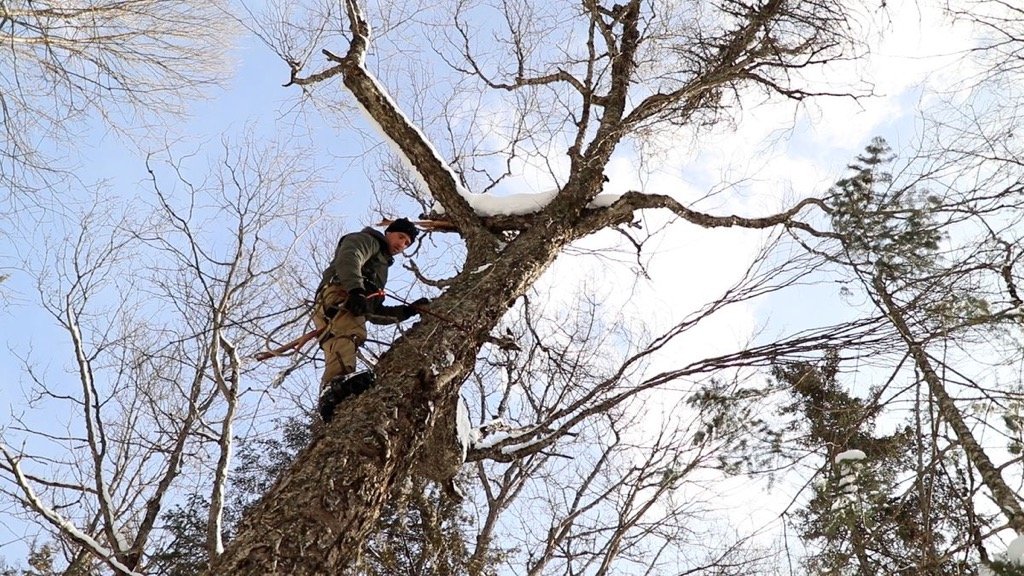
Sustainable and Regenerative Harvesting Practices
Sustainability is at the core of our harvesting methodology:
- Minimal Impact Techniques: Our harvesters use manual tools such as axes that eliminate the need for gasoline-powered equipment for the removal of fungi and reducing ecological disturbance.
- Regeneration Focus: We adhere to practices that allow forest ecosystems to regenerate naturally. For example, we only harvest a portion of perennial fungi, leaving smaller conks to sustain the species and its environment. This approach ensures the long-term viability of wild fungi populations.
- Harvest Timing: We strictly adhere to harvesting seasons to ensure spore release, maintaining biodiversity and preventing premature harvesting that may threaten the species or its environment.
These practices ensure that our methods are scalable and that conservation remains at the forefront of our operations.
Comprehensive Monitoring and Documentation
Transparency and accountability are integral to our operations:
- GPS Marking: Each harvested crop and its host tree are marked with GPS coordinates, establishing a comprehensive database for ongoing monitoring and research.
- Organic Certification Documentation: Our management prepares and updates our organic plan consistently , addressing changes, encountered problems, and measures taken to ensure continuous improvement in preventing contamination and maintaining organic standards.
- Record-Keeping and Identification: We maintain rigorous records concerning inputs and details of the use, production, preparation, and transport of organic crops, livestock, and products, supporting traceability and transparency.
These measures ensure the organic integrity of our products and support traceability and transparency, which are critical for demonstrating compliance with organic standards.
Global Organic Certifications
Our dedication to organic excellence is recognized through certifications across multiple countries and regions, including:
- Canada: Certified under the Canada Organic Regime (COR).
- United States: Recognized under the USDA National Organic Program (NOP).
- European Union: Compliant with EU organic standards.
- Japan: Certified under the Japanese Agricultural Standard (JAS).
- Mexico: Recognized through organic equivalency arrangements.
- South Korea: Certified under South Korean organic standards.
- Switzerland: Compliant with Swiss organic regulations.
- Taiwan: Recognized under Taiwan’s organic standards.
- United Kingdom: Certified in accordance with UK organic regulations.
These certifications reflect our adherence to rigorous organic standards, ensuring our products meet diverse international requirements.
Commitment to Conservation and Scalability
Our ability to revisit previously harvested locations after several years demonstrates the effectiveness of our sustainable practices. This cyclical approach ensures that our methods are scalable and that conservation remains at the forefront of our operations.
At TruNorth Naturals, our Organic Management Plan reflects our dedication to environmental stewardship, product purity, and sustainable practices. By integrating meticulous site selection, sustainable harvesting methods, advanced data collection, and ethical partnerships, we distinguish ourselves in the wild-harvested fungi industry, offering products that are both high-quality and environmentally responsible.

